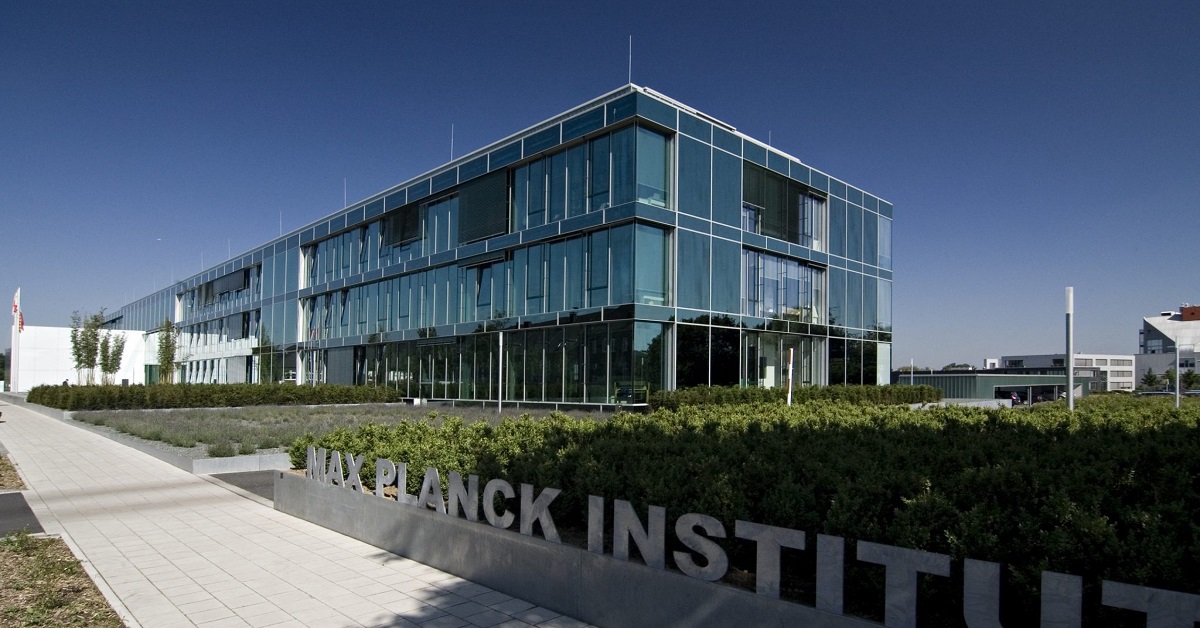The Department of Linguistic and Cultural Evolution (DLCE) at the Max Planck Institute for Evolutionary Anthropology (MPI-EVA) under the directorship of Prof. Russell Gray, invites applications for student assistant positions to assist our data steward Christoph Rzymski (and collaborators) in data entry and data post-processing for a project on numerals from the South American and New Guinea regions.
About MPI-EVA
The Max Planck Institute for Evolutionary Anthropology unites scientists with various backgrounds (natural sciences and humanities) whose aim is to investigate the history of humankind from an interdisciplinary perspective with the help of comparative analyses of genes, cultures, cognitive abilities, languages and social systems of past and present human populations as well as those of primates closely related to human beings.
About DLCE
The Department of Linguistic and Cultural Evolution aims to answer big picture questions about human history. Our focus is on describing and explaining the major patterns of linguistic and cultural variation across the globe. We tackle these questions by developing novel language documentation methods, global linguistic and cultural databases, and analyses using evolutionary theories and computational methods.
About our Numerals Data Processing Project
This project is part of QUANTA, a large interdisciplinary project on the emergence of human counting skills from an archaeological, cognitive, and linguistic perspective. Within QUANTA, we are curating a large cross-linguistic database on numerals (words used for counting) called Numeralbank. This project is concerned with adding data points and analyses to Numeralbank, especially relating to so-called bases, units with which higher numerals are formed. The student assistants will analyse existing data in Numeralbank as well as consult additional material on individual languages to determine the base of that language.
Main tasks
As a student assistant in this project, you will analyse not only existing data in Numeralbank, but you will also consult additional material on individual languages to determine the base of that language. The focus will be on native languages of South America and New Guinea.
Selection criteria
- basic linguistic training (familiarity with linguistic jargon and terminology is a prerequisite)
- ability to read dictionaries and grammars of different languages and extract information
- good social skills and team player qualities (you will work in an interdisciplinary and international team and participate in meetings and discussions)
- strong communicative skills both with peers and supervisors
- basic computational proficiency is required, especially regarding working with spreadsheets and the version control software Git/GitHub
- ability to work independently and manage time well
- good language skills in both spoken and written English
- reading proficiency in other languages is welcome, especially Portuguese and Spanish
Our offer:
- first-hand experience in our world-class research institution
- part-time position, limited initially from February 2023 to September 2023, flexible work hours
- an inspiring, international, interdisciplinary environment with leading domain scientists at our department, in various Max Planck Institutes and universities
How to apply:
Please submit your application in English, including the following:
- cover letter (max. 1 page), explaining research experience, research interests and reason for wanting to join this project, as well as your language skills and level of familiarity with linguistic terminology and relevant software (Excel/Libreoffice, Git, etc.)
- your CV
- copy of Bachelor’s degree certificate (if applicable)
- copy of a valid/current enrolment certificate with a German University (Immatrikulationsbescheinigung) [NB. you may compile several PDFs into one for submission]
Please apply online via our application portal. Only complete submissions via this link will be taken into consideration.
Deadline for applications is December 15, 2023
After an interview with the most suitable applicants you will be asked to complete a work sample.
The Max Planck Society is committed to employing individuals with disabilities and especially encourages them to apply. Additionally, we seek to increase diversity of our workforce in areas where it is underrepresented and therefore explicitly encourage women and members of underrepresented groups to apply.
For queries, please contact: dlce_info@eva.mpg.de
